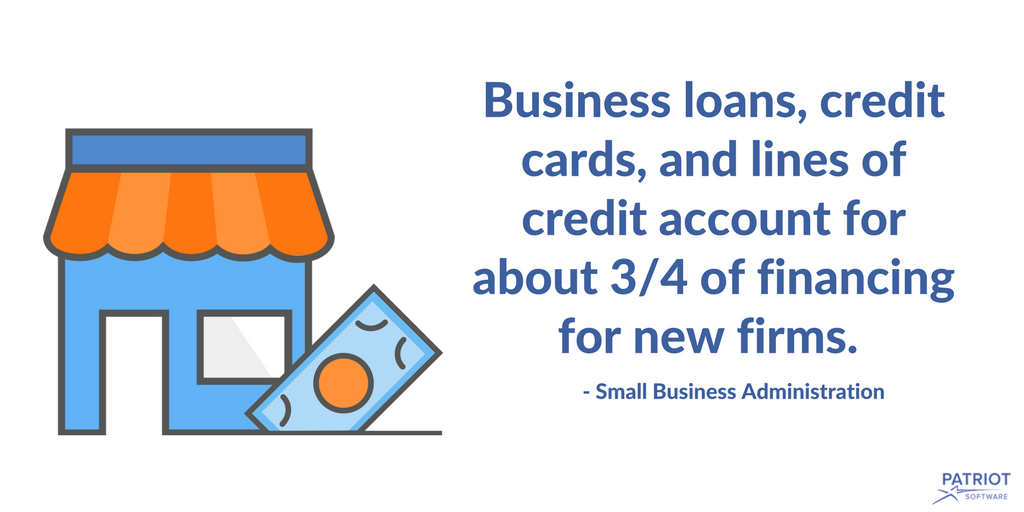You need capital to grow your business, which often means securing outside financing. Small businesses have many funding options, so choosing one can be confusing. Before you seek debt and equity financing, take some time to prepare. Answer business loan questions for a better understanding of your funding needs.
Business loan questions to ask
If you’re interested in gaining capital for your business, but wondering what you need for a business loan, ask yourself these important business loan questions first.
1. What is the condition of my personal finances?
Loan officers will ask about the health of your personal finances. Lenders want to see your financial history while gathering business loan details. Your personal records should reflect how well you handle cash and pay debts.
If you want a business line of credit, credit card, or loan, you need to show personal credit history. Check your credit score before applying for small business funding. To strengthen your personal credit rating, eliminate your credit card balances and pay bills on time. In some cases, you may be better off acquiring a personal loan to start business endeavors.
2. Do I have collateral?
Often, lenders want you to offer collateral before they provide funding. Collateral is an asset or piece of property that you extend to a lender as security. If you’re unable to pay, the lender can sell the collateral to cover money owed to them. Collateral can include buildings, land, vehicles, and savings accounts.
Collateral increases your chance of securing small business financing, and can be part a bank’s business loan requirements. Collateral acts as insurance for the lender and reduces their level of risk. And, the collateral can be an incentive for you to pay back the borrowed money.
3. Do I have a business plan?
The key to securing business funding is careful preparation. If you walk into a lending office without a business plan to get a loan, it’s unlikely you will receive financing. A small business plan maps out how you will operate and grow your company, and may be the first step of a bank’s business loan procedure. The plan should include a business description, market analysis, and financial projections.
A business plan organizes your ideas and helps you present them to lenders. A well-written plan will show lenders you are prepared to handle challenges. Proof that your business likely has longevity reduces the lender’s risk. Learning how to write a business plan for a bank loan is a great way to increase your odds of receiving funding.
4. Does my company have healthy cash flow?
Before borrowing money, make sure your business has a healthy cash flow. Cash flow is the inflow and outflow of money. You need enough incoming cash to repay the funds plus interest incurred.
Lenders want to see you can make repayments. If you don’t have much revenue left over after expenses, you might need to change your operations. You can improve your small business cash flow by cutting expenses or increasing profits.
5. What am I using the capital for?
Before seeking business financing, hone in on what you will use the money for. Understanding its purpose will help you articulate your need for the loan to lenders.
Knowing the loan’s purpose shows what kind of funding will fit best with your needs. You can determine if you need short- or long-term financing. You can see if you should get a startup business loan, line of credit, or alternative funding. Reviewing how you will use the capital also shows how much you need to borrow.

6. Is this the right lender for me?
Many lenders serve different types of borrowers. Because not all lenders are the same, you need to do some research. Look for a lender that works with businesses that are similar to yours. Details to look for include the business size, industry, and loan amounts.
Before seeking business funding, look at the terms your potential lenders are offering. You must agree to the loan terms before receiving money. Details to pay attention to include interest rates, payment schedule, total cost, and the lender’s requirements for business loans. The better relationship you have with your lender, the more likely you are to get favorable terms.
You’ve asked yourself the right business loan questions, but now you need a simple way to keep track of your small business’s finances. Patriot’s online accounting software is easy-to-use and made for the non-accountant. We offer free, U.S.-based support. Try it for free today.
